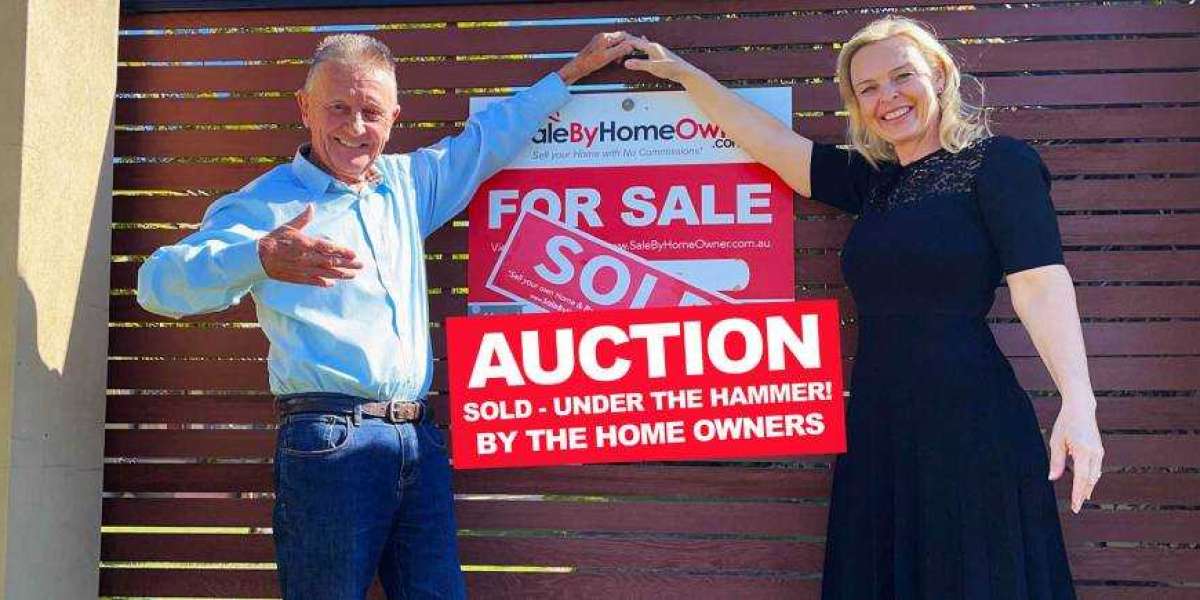Selling a property can be an exciting journey, especially when you're managing the process on your own. However, amidst the excitement, it's essential to understand and plan for all the costs involved, particularly settlement costs. These expenses come into play towards the end of your sale and can significantly impact your overall profits if you're not prepared.
If you're opting for a "For Sale By Owner" (FSBO) approach, you're already saving on real estate agent fees, but you'll still need to handle settlement costs. So, how do I handle settlement costs when selling by owner? Let’s break down these costs and how to manage them effectively.
What Are Settlement Costs?
Settlement costs, also known as closing costs, are the fees and expenses that come up during the final phase of the property sale. This is when ownership is transferred from you, the seller, to the buyer. These costs typically include legal fees, title transfer charges, government taxes, and any remaining mortgage or loan repayments on the property.
Unlike agent commissions, settlement costs are non-negotiable and must be paid to ensure the legal transfer of property ownership. For sellers, these costs can range from a few hundred to several thousand dollars, depending on factors such as the property’s value, its location, and your specific financial situation.
Common Settlement Costs for FSBO Sellers
When selling by owner, it’s important to be aware of the various settlement costs you may encounter. Below are some of the most common expenses:
Legal Fees: One of the most crucial components of settlement costs is legal fees. As a seller, you'll need a conveyancer or solicitor to handle the legal aspects of the sale, including the preparation of the contract of sale and the transfer of ownership documents. These professionals ensure that the transaction is legally sound and protects both you and the buyer.
Title Transfer Fees: Title transfer fees are government charges associated with transferring the title of your property to the new owner. These fees can vary between states, but they are generally a standard part of the settlement process.
Outstanding Mortgage Balance: If you still have a mortgage on the property, the settlement date is when your outstanding mortgage balance will need to be paid off. This amount will be deducted from your sale proceeds, so it's important to have a clear understanding of how much is left on your loan before setting a sale price.
Capital Gains Tax (CGT): In certain cases, you may be liable to pay Capital Gains Tax if the property is an investment or if you've owned it for a shorter period. This tax is calculated based on the profit you've made from the sale, and it’s important to consult with a tax advisor to understand your obligations.
Miscellaneous Fees: Depending on your location and the nature of the sale, there may be additional costs such as discharge fees for your mortgage, settlement agent fees, or government taxes.
How to Manage Settlement Costs
Managing settlement costs effectively is essential to maximizing your profits when selling by owner. Here are some steps to help you handle these expenses with ease:
- Budget Early: One of the best ways to prepare for settlement costs is to include them in your overall budget from the start. While you may not know the exact amount of every cost, you can estimate legal fees, title transfer charges, and mortgage repayments. Planning for these costs early helps avoid surprises later on.
- Hire a Qualified Conveyancer: Even if you're selling by owner, having a professional conveyancer or solicitor is critical. They’ll not only handle the legal documentation but also ensure that all settlement costs are accounted for. A reliable professional can guide you through the process and help you avoid costly mistakes.
- Understand Your Mortgage Payout: Before you list your property, contact your mortgage lender to understand how much is left on your loan. This will give you a clear picture of how much needs to be paid off at settlement and how much you can expect in sale proceeds.
- Work with a Tax Advisor: If you're unsure about whether Capital Gains Tax applies to your sale, it's wise to consult a tax advisor early in the process. They can help you determine any tax liabilities and guide you on how to minimize your tax obligations.
- Use Sale by Home Owner Australia: By choosing Sale by Home Owner Australia, you’re already on the right track to save on traditional real estate agent fees. This platform not only empowers sellers to manage their own listings but also provides useful tools and resources to help navigate the settlement process, including detailed guides on legal and financial obligations.
Conclusion
Selling by owner offers a great opportunity to save on commissions, but you still need to handle settlement costs carefully. These costs are an unavoidable part of the selling process, but with proper planning, they don’t have to catch you off guard. By budgeting early, hiring a qualified conveyancer, understanding your mortgage obligations, and seeking professional advice, you can ensure a smooth settlement process and retain more of your sale profits.
For a successful FSBO sale, platforms like Sale by Home Owner Australia provide essential resources and support to guide you through every step, ensuring that you're well-prepared to handle settlement costs and achieve the best outcome from your sale.







